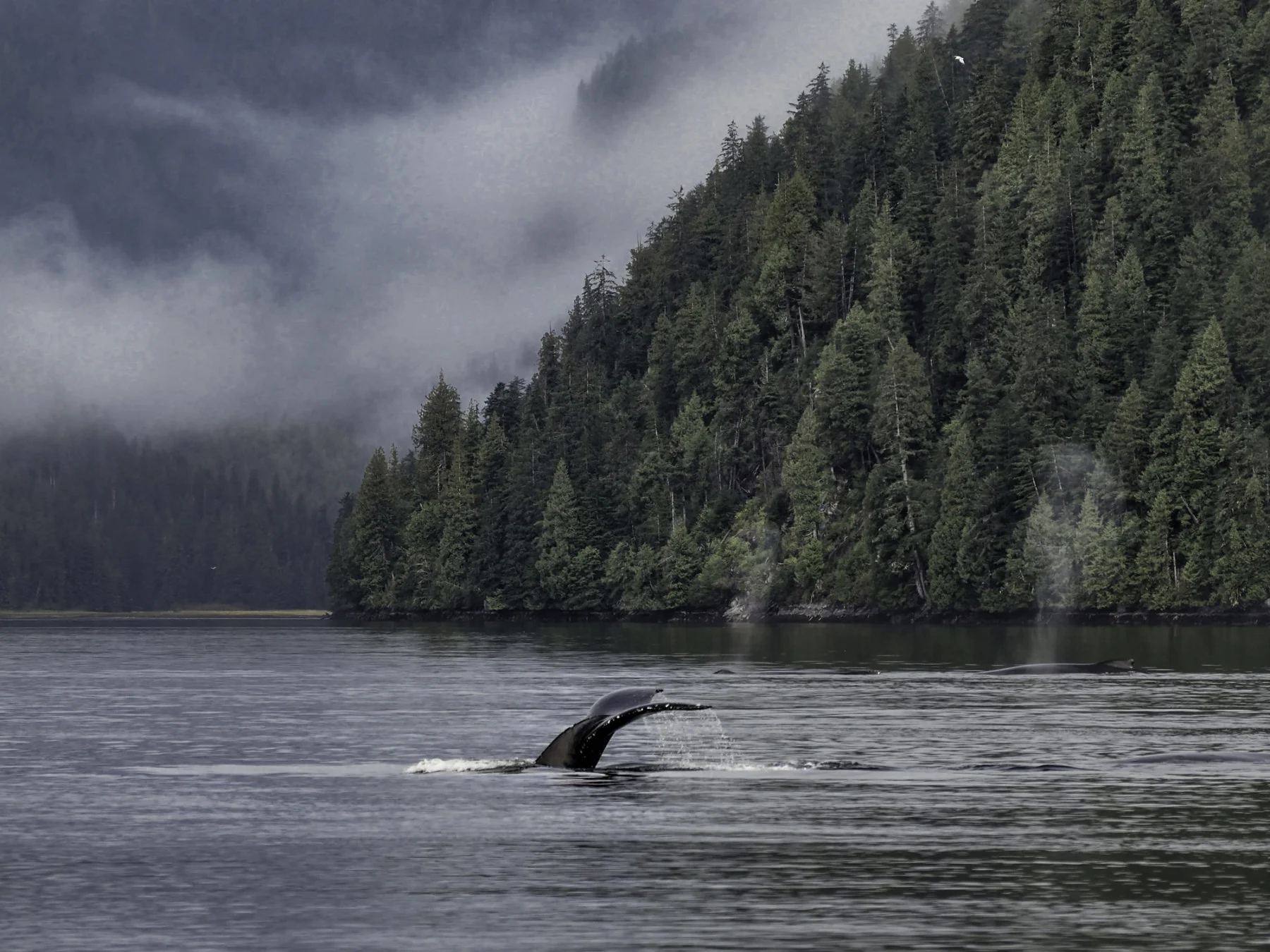
Expanding forests may cool the planet more than previously thought, study says
Cloud formation is a significant aspect of the cooling-effect forests have, scientists say.
Forests help to limit climate change by capturing enormous amounts of carbon dioxide, but new insights into how forests affect the atmosphere have revealed that they may cool the planet more than we previously thought.
Albedo is the measure of how well a surface reflects sunlight — dark soil has a low albedo and absorbs heat from the Sun while bright snow and ice have high albedos and reflect the sunlight out to space. This is why ice areas in both the Arctic and Antarctica play such a large role in cooling the planet.
Forests have a relatively dark albedo compared to other aspects of the landscape, so some scientists theorize that their cooling-effect could be negated by their albedo. A new study published in the Proceedings of the National Academy of Sciences (PNAS) sheds light on this influence that forests have on the atmosphere.

A humpback whale in British Columbia’s Great Bear Rainforest. (Bobbushphoto. E+. Getty Images)
To explore the effect expanding forests in midlatitudes would have, such as in Europe and North America, researchers from Princeton University used satellite data to simulate the changes that would happen in the atmosphere.
Their simulations revealed that forested areas became associated with denser cloud formations. In addition to blocking sunlight from reaching the Earth’s surface, cloud tops have a high albedo, which is why the researchers say that reforesting these areas would likely be more effective at cooling Earth’s atmosphere than other studies previously accounted for.
Additional research also finds that the cooling effect of clouds in midlatitude regions and the action of carbon sequestration from forests exceeds the amount of sunlight that forested regions absorb.

A forest in Bayern, Germany. (Katharina Wiebe/EyeEm. Getty Images)
“The main thing is that nobody has known whether planting trees at midlatitudes is good or bad because of the albedo problem,” said corresponding author Amilcare Porporato, Princeton University professor, in the university’s press release.
“We show that if one considers that clouds tend to form more frequently over forested areas, then planting trees over large areas is advantageous and should be done for climate purposes.”
Expanding and planting forests are among the top recommendations scientists have for mitigating the effects of climate change and preventing additional warming.
Thumbnail credit: Brent Olson/Aurora Photos. Getty Images

